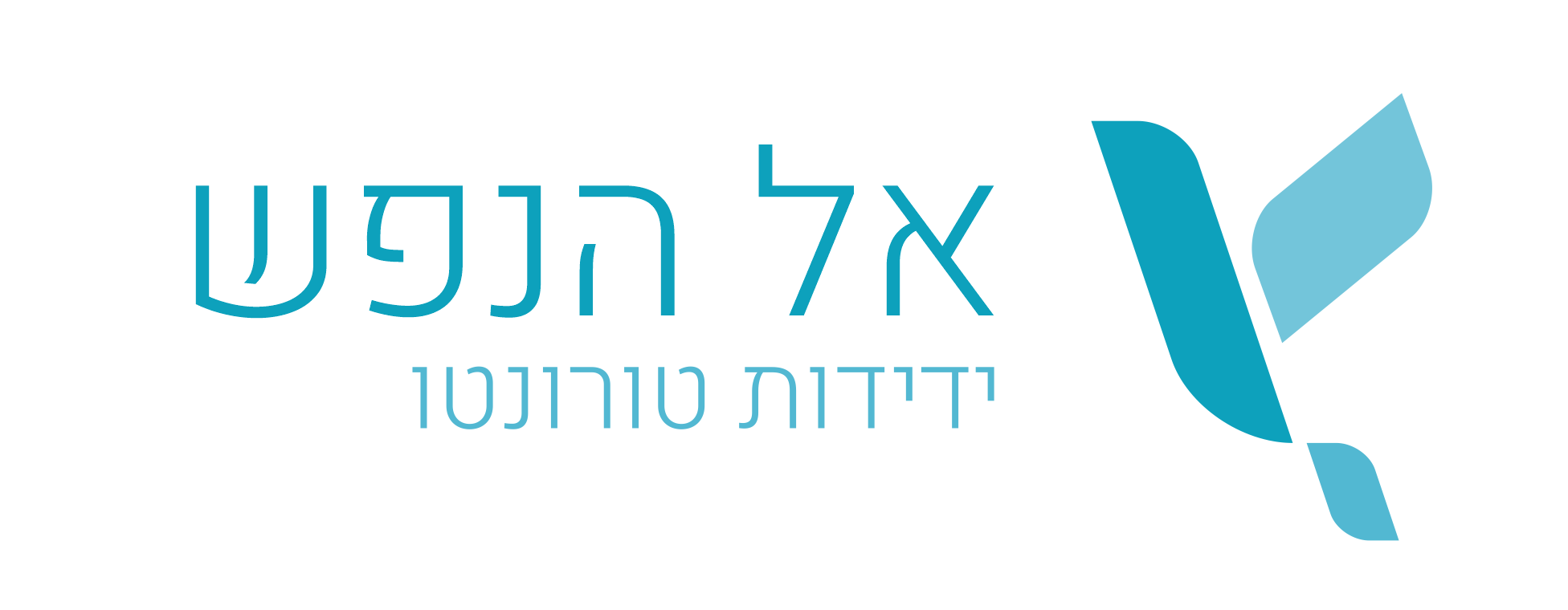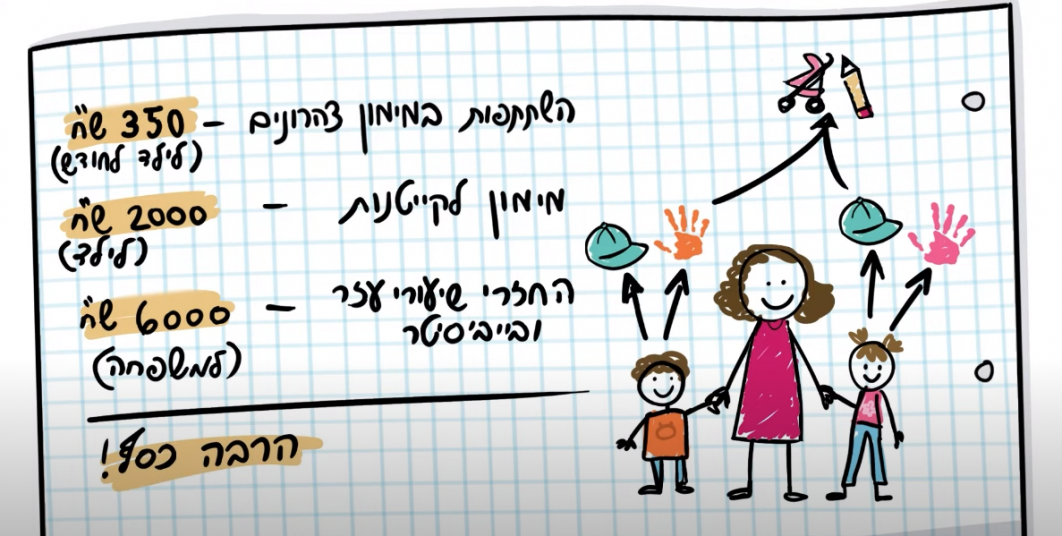The Mental Health Reform of 2015 was a game changer in the world of mental health treatment. With the enactment of the reform, the responsibility for providing mental health services was transferred from the Ministry of Health to the individual health funds, creating a single address for both physical and mental health services. The reform aims to increase the quality, availability, and accessibility of mental health services in Israel.
Since that time, it has become clear that the process of implementing the reform and making it an available and accessible resource to the public requires some adjustment, including the application of professional standards. The majority of the Israeli population still turns to private mental health treatment – incurring its high costs – due to gaps in the implementation of the reform in the health funds, the accessibility of the service, and its suitability. The waiting time for receiving mental health treatment within the framework of the reform can often exceed a year, and, in peripheral areas, it can be up to a year and a half to two years. There is an urgent need for a minimum, mandatory standard for the waiting time until a patient can begin the therapeutic process.
Yedidut Toronto is working through a variety of channels to advance the implementation of the Israeli mental health reform.
With the aim of encouraging the health funds to offer services which realistically meet the demand on the ground, Yedidut Toronto guides dozens of children and teenagers in need of therapy to exercise their rights through the reform and obtain the necessary and relevant treatment. At the same time, the organization maintains continuous contact with the experts at the Ministry of Health to formulate and apply professional standards.
In order to promote the exercise of rights and the accessibility of mental health services to the public, we collaborate with several organizations and governmental bodies, including the ‘Bizchut’ organization, the Association of Assistance Centers, ‘Beit Ham’, the Ministry of Welfare, and local municipalities.







